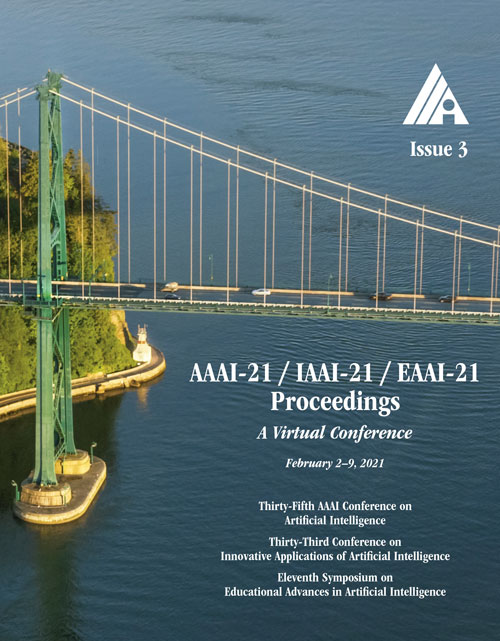CARPe Posterum: A Convolutional Approach for Real-Time Pedestrian Path Prediction
DOI:
https://doi.org/10.1609/aaai.v35i3.16335Keywords:
Motion & Tracking, Vision for Robotics & Autonomous Driving, Graph-based Machine LearningAbstract
Pedestrian path prediction is an essential topic in computer vision and video understanding. Having insight into the movement of pedestrians is crucial for ensuring safe operation in a variety of applications including autonomous vehicles, social robots, and environmental monitoring. Current works in this area utilize complex generative or recurrent methods to capture many possible futures. However, despite the inherent real-time nature of predicting future paths, little work has been done to explore accurate and computationally efficient approaches for this task. To this end, we propose a convolutional approach for real-time pedestrian path prediction, CARPe. It utilizes a variation of Graph Isomorphism Networks in combination with an agile convolutional neural network design to form a fast and accurate path prediction approach. Notable results in both inference speed and prediction accuracy are achieved, improving FPS considerably in comparison to current state-of-the-art methods while delivering competitive accuracy on well-known path prediction datasets.Downloads
Published
2021-05-18
How to Cite
Mendieta, M., & Tabkhi, H. (2021). CARPe Posterum: A Convolutional Approach for Real-Time Pedestrian Path Prediction. Proceedings of the AAAI Conference on Artificial Intelligence, 35(3), 2346-2354. https://doi.org/10.1609/aaai.v35i3.16335
Issue
Section
AAAI Technical Track on Computer Vision II

